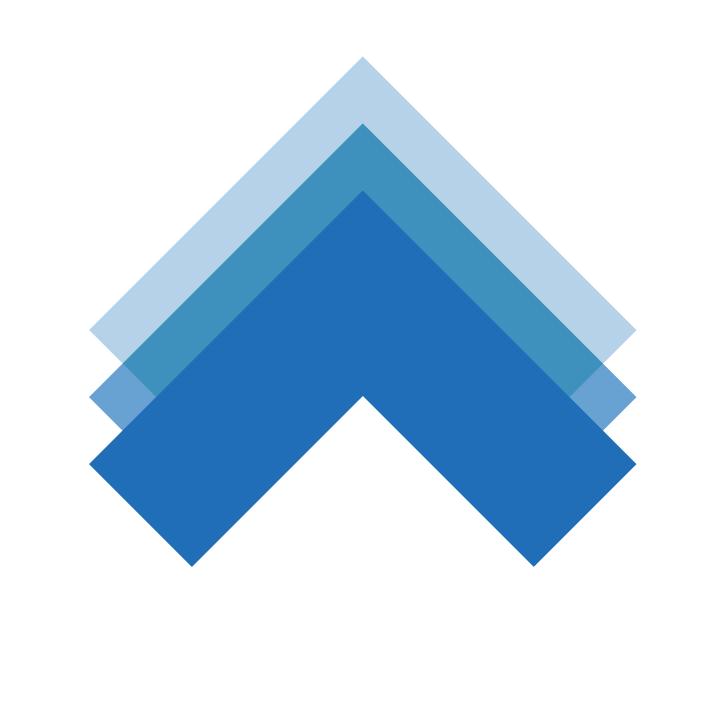"If you want to make minor, incremental changes and improvements, work on practices, behavior or attitude. But if you want to make significant, quantum improvement, work on paradigms . . . i.e., perceptions, assumptions, theories, frames of reference, or lenses through which you view the world.” - Steven Covey
A Paradigm is “a fundamental unquestioned or unchallenged set of assumptions that determines our worldview.” These assumptions (aka biases) are formed by our past experiences (good and bad), our environment, our relationships and many other factors. Paradigms act as filters. We quite literally see the world through our paradigm filters. These filters can severely limit our ability to see beyond what we know and what we believe to be true. People in leadership positions are no more or no less susceptible to these paradigms, however, in their role as leaders, they have a far greater responsibility to be aware of and understand the effect of what is referred to as “paradigm blindness.” Following are some classic examples of paradigm blindness:
“I think there’s a world market for about five computers.” —Thomas Watson, Chairman of IBM, 1943.
“There is no reason for any individual to have a computer in their home.” —Ken Olson, President of Digital Equipment Corporation, 1977.
“Who the hell wants to hear actors talk?” —Harry Warner, Warner Brothers Pictures, 1927.
“There is no likelihood that man can ever tap the power of the atom.” —Robert Millikan, Nobel Prize winner in physics, 1920.
There are literally hundreds of other examples of paradigm blindness that can be found by a Google search, but the bottom line is this…..our paradigms stand in the way of us seeing the possibilities right in front of us…if we let them. Organizations cannot reach their full potential if leaders don’t recognize this effect and take steps to insure that their vision is expanded as widely as possible and every effort is made to pursue the discovery of possibilities and limit predetermined limitations!
For more information on Paradigms and Paradigm Blindness, and how they effect your organization, please Contact Us.

